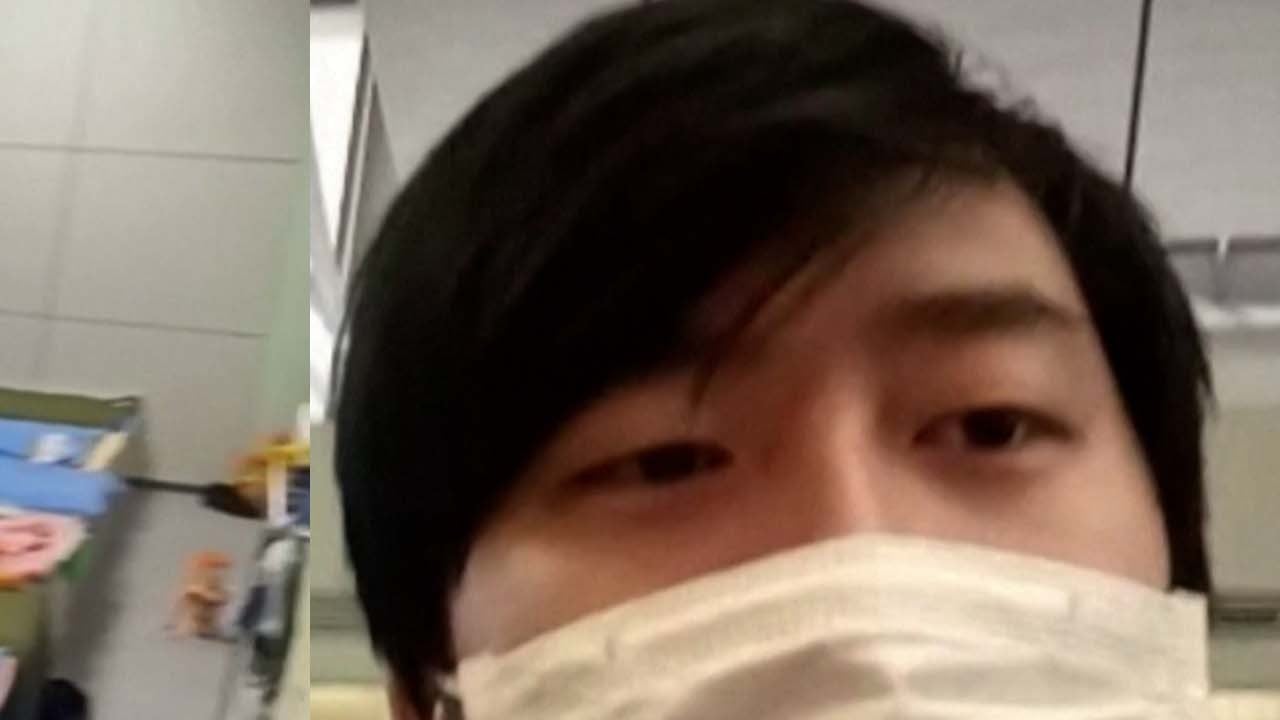Fighting in south Ukraine ‘sharply’ increases, Russia claims capture near Bakhmut in east
- Moscow says its forces had seized the village of Lobkove, 50km (30 miles) south of Ukrainian-held regional capital Zaporizhzhia
- The Russian army said it had also captured a hamlet near the eastern town of Bakhmut, now the epicentre of fighting

Fighting has “sharply increased” in the southern Ukraine region of Zaporizhzhia, where the front has been largely stagnant for months, a senior Moscow-installed official in the area said on Friday.
“In the direction of Zaporizhzhia, the intensity of military activity has sharply increased,” the official, Vladimir Rogov, said on the Telegram social media platform.
Both Rogov and the Russian army said Moscow’s forces had seized the village of Lobkove, some 50 kilometres (30 miles) south of the Ukrainian-held regional capital also called Zaporizhzhia.
“Lobkove is ours,” Rogov said.
He added that Russian forces had fired at Ukrainian positions with “tanks, mortar and artillery” in a dozen villages in the region.
The Ukrainian army said on Friday that “more than 20 settlements” had been attacked.

